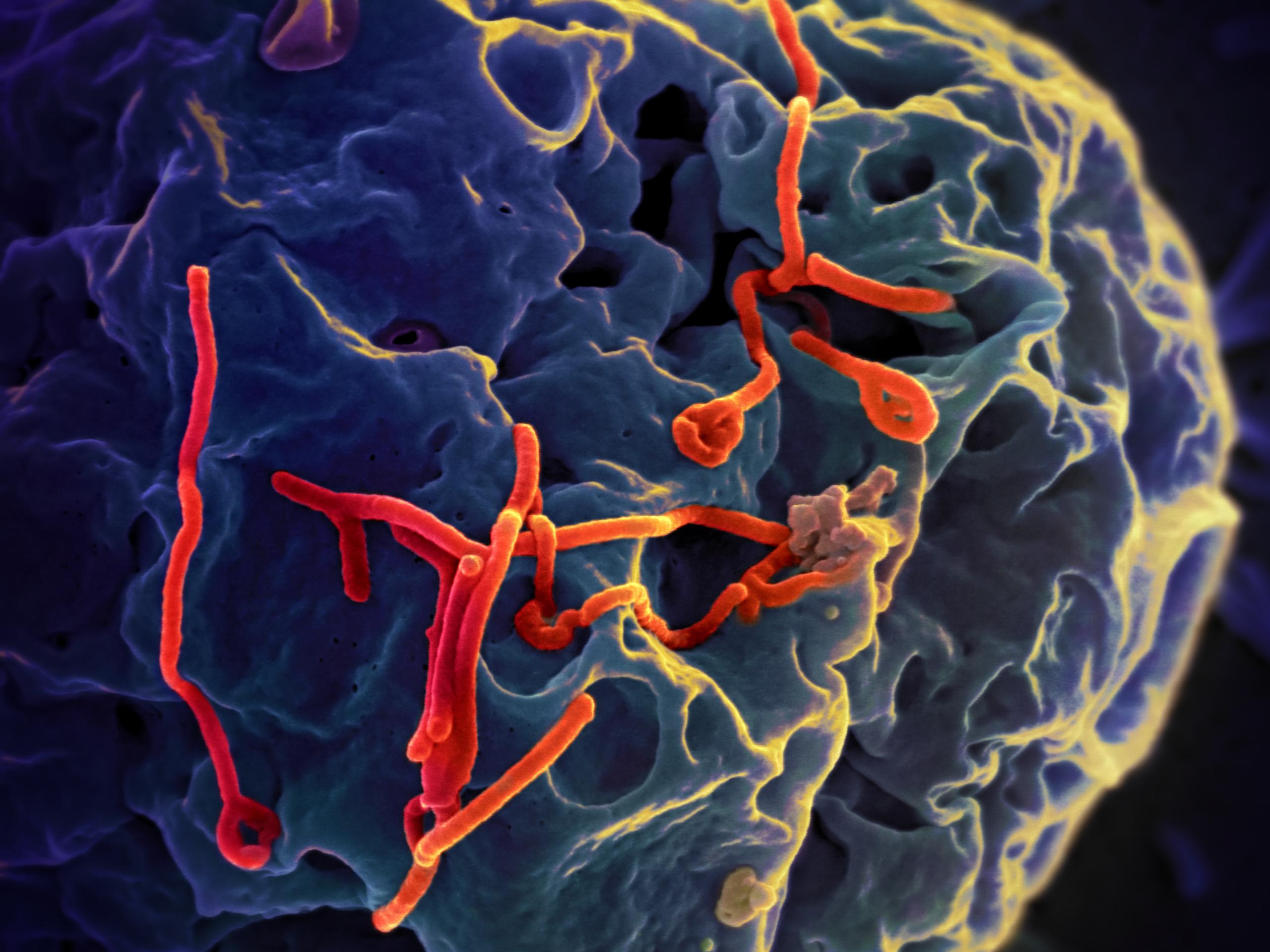30 July, 2015
A number of UK Parliamentary Select Committees have recently announced new inquiries on topics relevant to development research.
A number of UK Parliamentary Select Committees have recently announced new inquiries on topics relevant to development research.
The inquiries – from various different Committees and currently requesting submissions – ask questions around science’s role in fighting diseases, focusing on genetically modified insects and lessons from the Ebola epidemic.
Genetically Modified Insects
The House of Lords Science and Technology Select Committee have recently announced genetically modified (GM) insects as the subject of their new inquiry.
The development of GM insects is a growing area of scientific research, with potential benefits to human health and agriculture. Researchers are interested in exploring the use of GM insects to manage the spread of diseases and reduce crop pests.
The Committee is seeking written evidence on questions around identifying human diseases that could be addressed through GM insect technology, as well as overcoming the gap between regulation and public concerns over genetically modified organisms.
The deadline for written submissions for this inquiry is 18 September 2015.
Ebola response
The House of Commons Science and Technology Select Committee are also launching an inquiry to examine the use of scientific advice in the UK for global health crises, specifically what lessons have been learned from the Ebola outbreak.
The Committee invites written submissions that answer a range of questions, from assessing UK Government preparedness for similar future outbreaks, to exploring ways to improve the evidence base and sources of scientific advice to Government in emergencies.
The deadline for written submissions for this inquiry is 7 September 2015.
The House of Commons International Development Select Committee has also launched an inquiry into the Ebola epidemic, looking at follow-up responses after the crisis.
An medic in Sierra Leone (Image: UK MOD)
It has been widely recognised that the initial response to the Ebola outbreak was inadequate and too slow. The Committee is inquiring into what the Department for International Development and the international community are doing to improve the international response for future disease outbreaks.
The Committee is seeking answers to questions such as the impact of cultural practices on the spread of Ebola and the UK’s work on antimicrobial drug resistance.
The deadline for written submissions for this inquiry is 17 September 2015.
Nicola Blackwood, MP said:
“The Ebola outbreak devastated communities across West Africa and exposed failings in both the global and UK response to disease epidemics.
The UK could be faced with other disease emergencies in future, such as a global flu pandemic. To save lives and protect our population it is essential that we can mobilise scientific advice rapidly and effectively to prepare for and respond to such emergencies.”
For further information on applications, visit the Science and Technology Committee inquiry pages for GM insects and Ebola, and International Development Committee’s Ebola response page.
